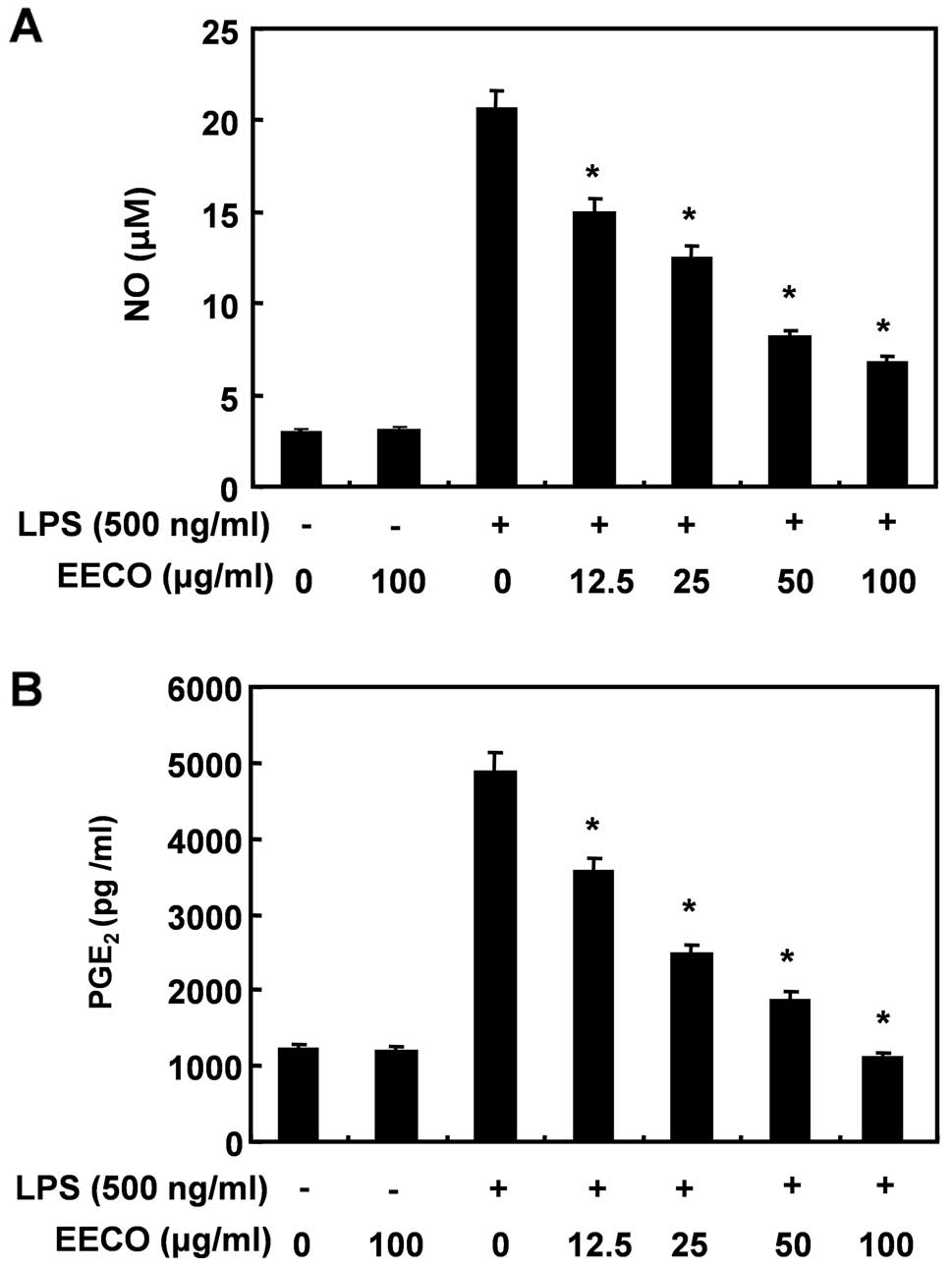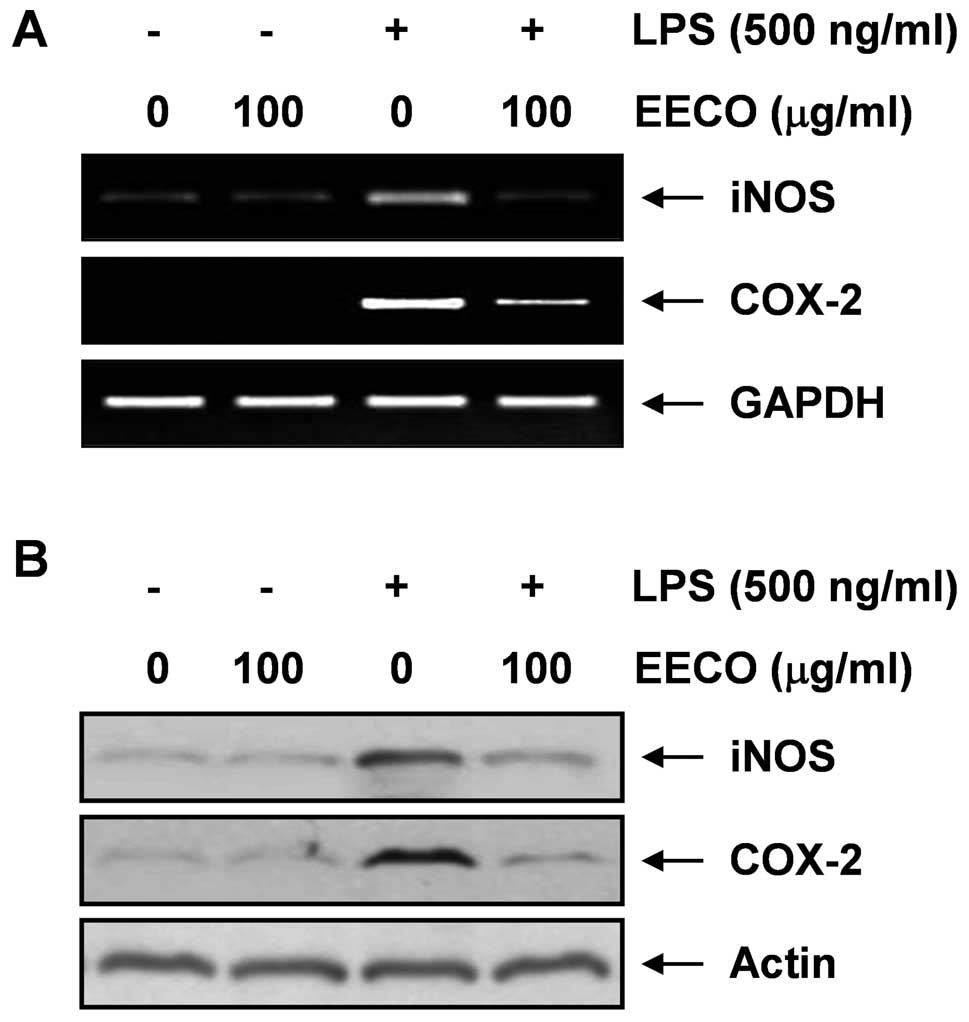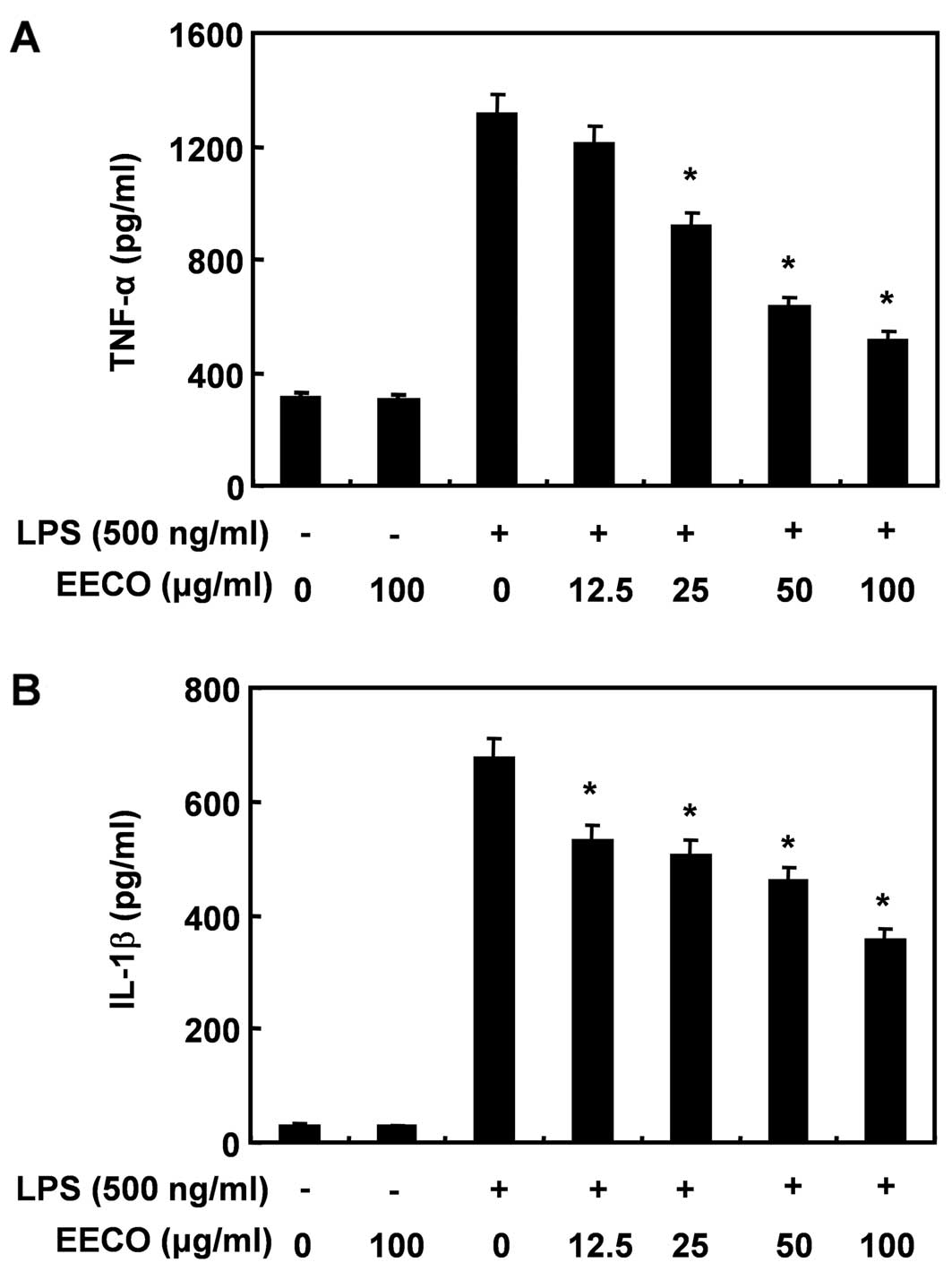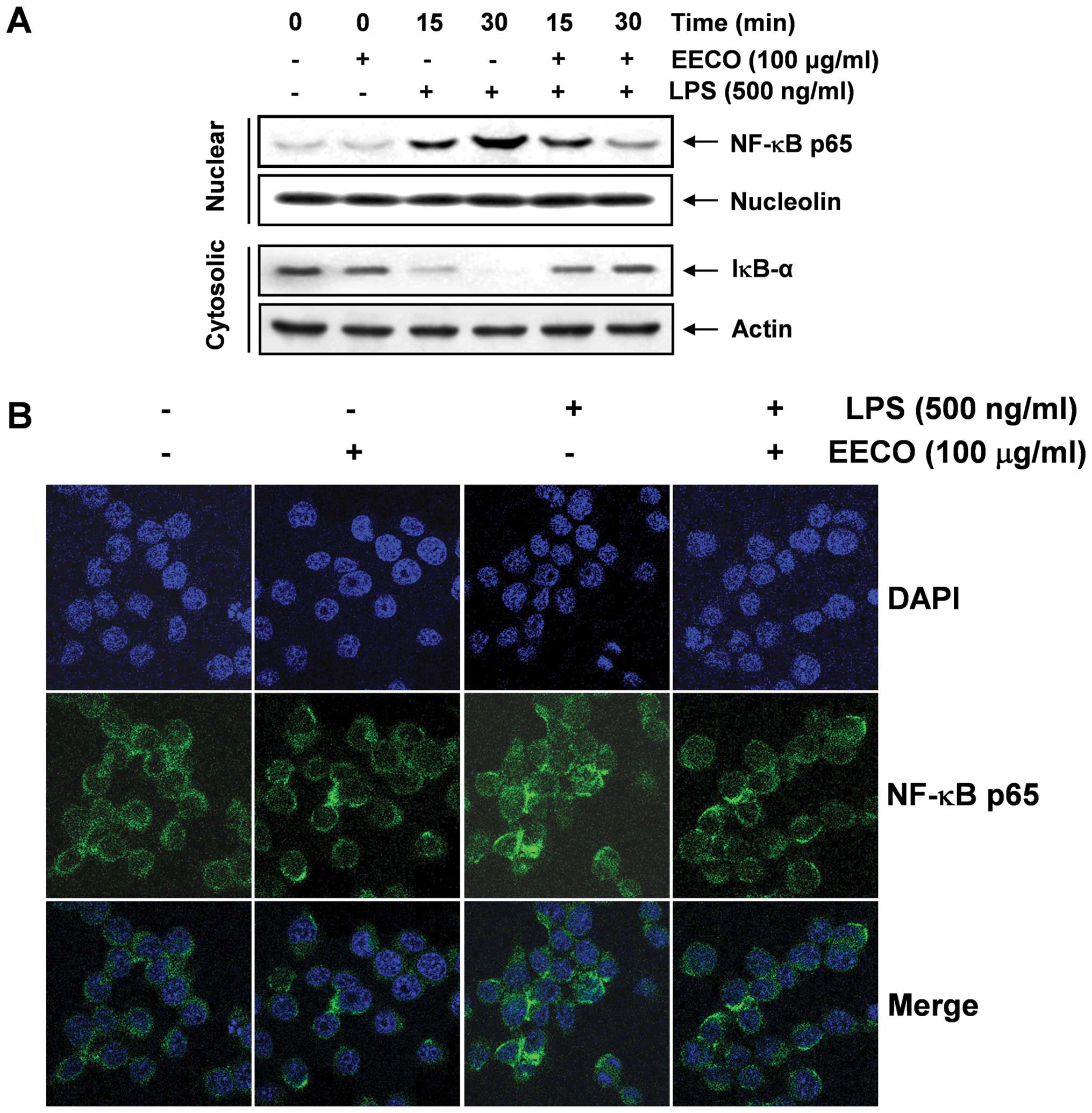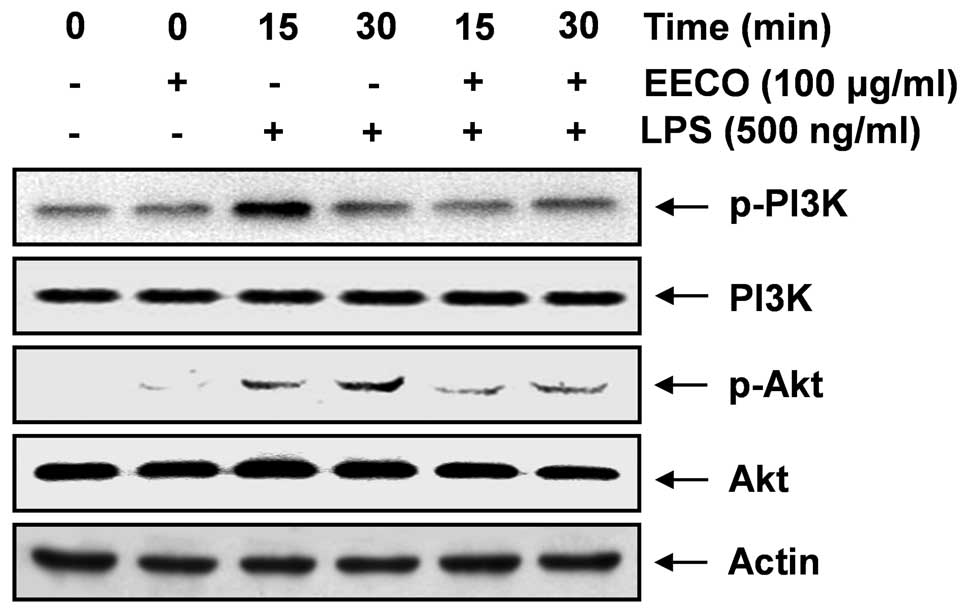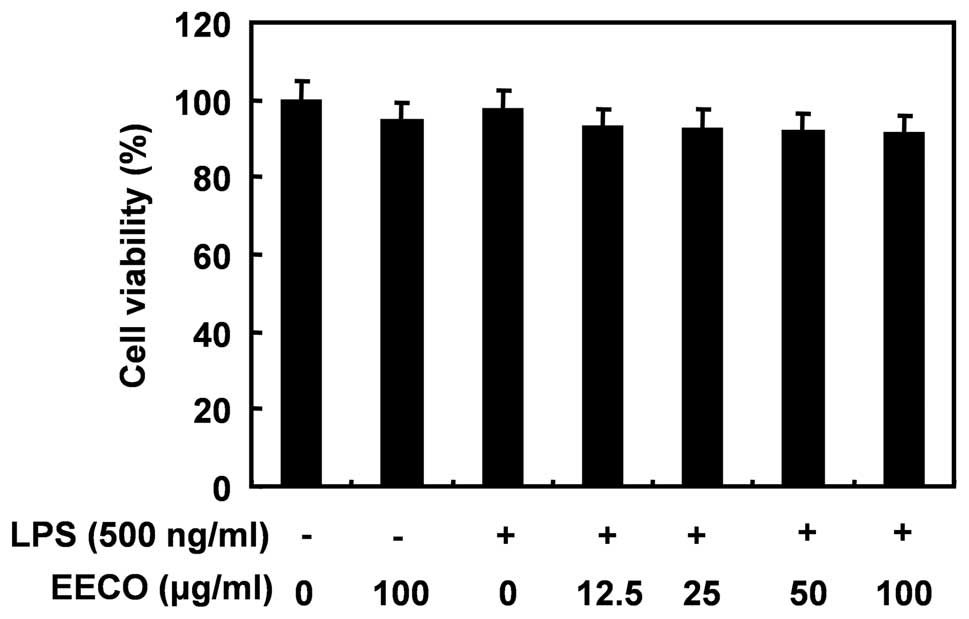|
1
|
Hailer NP: Immunosuppression after
traumatic or ischemic CNS damage: it is neuroprotective and
illuminates the role of microglial cells. Prog Neurobiol.
84:211–233. 2008. View Article : Google Scholar : PubMed/NCBI
|
|
2
|
Kriz J: Inflammation in ischemic brain
injury: timing is important. Crit Rev Neurobiol. 18:145–157. 2006.
View Article : Google Scholar : PubMed/NCBI
|
|
3
|
Mirshafiey A and Jadidi-Niaragh F:
Prostaglandins in pathogenesis and treatment of multiple sclerosis.
Immunopharmacol Immunotoxicol. 32:543–554. 2010. View Article : Google Scholar : PubMed/NCBI
|
|
4
|
Dheen ST, Kaur C and Ling EA: Microglial
activation and its implications in the brain diseases. Curr Med
Chem. 14:1189–1197. 2007. View Article : Google Scholar : PubMed/NCBI
|
|
5
|
McGeer PL and McGeer EG: Inflammation,
autotoxicity and Alzheimer disease. Neurobiol Aging. 22:799–809.
2001. View Article : Google Scholar : PubMed/NCBI
|
|
6
|
Liu B, Gao HM and Hong JS: Parkinson’s
disease and exposure to infectious agents and pesticides and the
occurrence of brain injuries: role of neuroinflammation. Environ
Health Perspect. 111:1065–1073. 2003.
|
|
7
|
Atreya I, Atreya R and Neurath MF:
NF-kappaB in inflammatory bowel disease. J Intern Med. 263:591–596.
2008. View Article : Google Scholar : PubMed/NCBI
|
|
8
|
Tas SW, Vervoordeldonk MJ and Tak PP: Gene
therapy targeting nuclear factor-kappaB: towards clinical
application in inflammatory diseases and cancer. Curr Gene Ther.
9:160–170. 2009. View Article : Google Scholar
|
|
9
|
Qi S, Xin Y, Guo Y, Diao Y, Kou X, Luo L
and Yin Z: Ampelopsin reduces endotoxic inflammation via repressing
ROS-mediated activation of PI3K/Akt/NF-κB signaling pathways. Int
Immunopharmacol. 12:278–287. 2012.PubMed/NCBI
|
|
10
|
Kang CH, Jayasooriya RG, Dilshara MG, Choi
YH, Jeong YK, Kim ND and Kim GY: Caffeine suppresses
lipopolysaccharide-stimulated BV2 microglial cells by suppressing
Akt-mediated NF-κB activation and ERK phosphorylation. Food Chem
Toxicol. 50:4270–4276. 2012.PubMed/NCBI
|
|
11
|
Yasuda T: Hyaluronan inhibits Akt, leading
to nuclear factor-κB down-regulation in
lipopolysaccharide-stimulated U937 macrophages. J Pharmacol Sci.
115:509–515. 2011.PubMed/NCBI
|
|
12
|
Chiou WF, Don MJ, Liao JF and Wei BL:
Psoralidin inhibits LPS-induced iNOS expression via repressing
Syk-mediated activation of PI3K-IKK-IκB signaling pathways. Eur J
Pharmacol. 650:102–109. 2011.PubMed/NCBI
|
|
13
|
Lee HS, Kwon SH, Ham JE, Lee JY, Kim DH,
Shin KH and Choi SH: Zaprinast activates MAPKs, NFκB, and Akt and
induces the expressions of inflammatory genes in microglia. Int
Immunopharmacol. 13:232–241. 2012.PubMed/NCBI
|
|
14
|
Lee YH, Jeon SH, Kim SH, Kim C, Lee SJ,
Koh D, Lim Y, Ha K and Shin SY: A new synthetic chalcone
derivative, 2-hydroxy-3′,5,5′-trimethoxychalcone (DK-139),
suppresses the Toll-like receptor 4-mediated inflammatory response
through inhibition of the Akt/NF-κB pathway in BV2 microglial
cells. Exp Mol Med. 44:369–377. 2012.PubMed/NCBI
|
|
15
|
Bae KE, Choi YW, Kim ST and Kim YK:
Components of rhizome extract of Cnidium officinale Makino
and their in vitro biological effects. Molecules. 16:8833–8847.
2011.PubMed/NCBI
|
|
16
|
de Caires S and Steenkamp V: Use of
Yokukansan (TJ-54) in the treatment of neurological disorders: a
review. Phytother Res. 24:1265–1270. 2010.PubMed/NCBI
|
|
17
|
Bark KM, Heo EP, Han KD, Kim MB, Lee ST,
Gil EM and Kim TH: Evaluation of the phototoxic potential of plants
used in oriental medicine. J Ethnopharmacol. 127:11–18. 2010.
View Article : Google Scholar : PubMed/NCBI
|
|
18
|
Jeong SI, Kwak DH, Lee S, Choo YK, Woo WH,
Keum KS, Choi BK and Jung KY: Inhibitory effects of Cnidium
officinale Makino and Tabanus fulvus Meigan on the high
glucose-induced proliferation of glomerular mesangial cells.
Phytomedicine. 12:648–655. 2005.
|
|
19
|
Kwon JH and Ahn YJ: Acaricidal activity of
butylidenephthalide identified in Cnidium officinale rhizome
against Dermatophagoides farinae and Dermatophagoides
pteronyssinus (Acari: Pyroglyphidae). J Agric Food Chem.
50:4479–4483. 2002.PubMed/NCBI
|
|
20
|
Tomoda M, Ohara N, Shimizu N and Gonda R:
Characterization of a novel heteroglucan from the rhizome of
Cnidium officinale exhibiting high reticuloendothelial
system-potentiating and anti-complementary activities. Biol Pharm
Bull. 17:973–976. 1994.PubMed/NCBI
|
|
21
|
Jeong JB, Ju SY, Park JH, Lee JR, Yun KW,
Kwon ST, Lim JH, Chung GY and Jeong HJ: Antioxidant activity in
essential oils of Cnidium officinale Makino and
Ligusticum chuanxiong Hort and their inhibitory effects on
DNA damage and apoptosis induced by ultraviolet B in mammalian
cell. Cancer Epidemiol. 33:41–46. 2009.PubMed/NCBI
|
|
22
|
Jeong JB, Park JH, Lee HK, Ju SY, Hong SC,
Lee JR, Chung GY, Lim JH and Jeong HJ: Protective effect of the
extracts from Cnidium officinale against oxidative damage
induced by hydrogen peroxide via antioxidant effect. Food Chem
Toxicol. 47:525–529. 2009.PubMed/NCBI
|
|
23
|
Kim SJ, Kwon do Y, Kim YS and Kim YC:
Peroxyl radical scavenging capacity of extracts and isolated
components from selected medicinal plants. Arch Pharm Res.
33:867–873. 2010. View Article : Google Scholar : PubMed/NCBI
|
|
24
|
Ramalingam M and Yong-Ki P: Free radical
scavenging activities of Cnidium officinale Makino and
Ligusticum chuanxiong Hort. methanolic extracts. Pharmacogn
Mag. 6:323–330. 2010.PubMed/NCBI
|
|
25
|
Bae DS, Kim YH, Pan CH, Nho CW, Samdan J,
Yansan J and Lee JK: Protopine reduces the inflammatory activity of
lipopolysaccharide-stimulated murine macrophages. BMB Rep.
5:108–113. 2012.PubMed/NCBI
|
|
26
|
Tas SW, Remans PH, Reedquist KA and Tak
PP: Signal transduction pathways and transcription factors as
therapeutic targets in inflammatory disease: towards innovative
antirheumatic therapy. Curr Pharm Des. 11:581–611. 2005. View Article : Google Scholar
|
|
27
|
Shie FS, Montine KS, Breyer RM and Montine
TJ: Microglial EP2 is critical to neurotoxicity from activated
cerebral innate immunity. Glia. 52:70–77. 2005. View Article : Google Scholar : PubMed/NCBI
|
|
28
|
Aid S, Langenbach R and Bosetti F:
Neuroinflammatory response to lipopolysaccharide is exacerbated in
mice genetically deficient in cyclooxygenase-2. J
Neuroinflammation. 5:172008. View Article : Google Scholar : PubMed/NCBI
|
|
29
|
Leone S, Ottani A and Bertolini A: Dual
acting anti-inflammatory drugs. Curr Top Med Chem. 7:265–275. 2007.
View Article : Google Scholar
|
|
30
|
Mariani MM and Kielian T: Microglia in
infectious diseases of the central nervous system. J Neuroimmune
Pharmacol. 4:448–461. 2009. View Article : Google Scholar : PubMed/NCBI
|
|
31
|
Murphy K, Haudek SB, Thompson M and Giroir
BP: Molecular biology of septic shock. New Horiz. 6:181–193.
1998.
|
|
32
|
Pushparaj PN, Tay HK, H’ng SC, Pitman N,
Xu D, McKenzie A, Liew FY and Melendez AJ: The cytokine
interleukin-33 mediates anaphylactic shock. Proc Natl Acad Sci USA.
106:9773–9778. 2009. View Article : Google Scholar : PubMed/NCBI
|
|
33
|
Manukyan MC, Weil BR, Wang Y, Abarbanell
AM, Herrmann JL, Poynter JA and Meldrum DR: The phosphoinositide-3
kinase survival signaling mechanism in sepsis. Shock. 34:442–449.
2010. View Article : Google Scholar : PubMed/NCBI
|
|
34
|
Carnero A, Blanco-Aparicio C, Renner O,
Link W and Leal JF: The PTEN/PI3K/AKT signalling pathway in cancer,
therapeutic implications. Curr Cancer Drug Targets. 8:187–198.
2008. View Article : Google Scholar : PubMed/NCBI
|
|
35
|
Ito K, Caramori G and Adcock IM:
Therapeutic potential of phosphatidylinositol 3-kinase inhibitors
in inflammatory respiratory disease. J Pharmacol Exp Ther. 321:1–8.
2007. View Article : Google Scholar : PubMed/NCBI
|
|
36
|
Choi YH and Park HY: Anti-inflammatory
effects of spermidine in lipopolysaccharide-stimulated BV2
microglial cells. J Biomed Sci. 19:312012. View Article : Google Scholar : PubMed/NCBI
|
|
37
|
Park HY, Han MH, Kim GY, Kim ND, Nam TJ
and Choi YH: Inhibitory effects of glycoprotein isolated from
Laminaria japonica on lipopolysaccharide-induced pro-inflammatory
mediators in BV2 microglial cells. J Food Sci. 76:T156–T162. 2011.
View Article : Google Scholar
|
|
38
|
Park HY, Kim GY and Choi YH: Naringenin
attenuates the release of pro-inflammatory mediators from
lipopolysaccharide-stimulated BV2 microglia by inactivating nuclear
factor-κB and inhibiting mitogen-activated protein kinases. Int J
Mol Med. 30:204–210. 2012.PubMed/NCBI
|
|
39
|
Takeshima E, Tomimori K, Kawakami H,
Ishikawa C, Sawada S, Tomita M, Senba M, Kinjo F, Mimuro H,
Sasakawa C, Fujita J and Mori N: NF-kappaB activation by
Helicobacter pylori requires Akt-mediated phosphorylation of
p65. BMC Microbiol. 9:362009.
|
|
40
|
Wei J and Feng J: Signaling pathways
associated with inflammatory bowel disease. Recent Pat Inflamm
Allergy Drug Discov. 4:105–117. 2010. View Article : Google Scholar : PubMed/NCBI
|
|
41
|
Dan HC, Cooper MJ, Cogswell PC, Duncan JA,
Ting JP and Baldwin AS: Akt-dependent regulation of NF-kappaB is
controlled by mTOR and Raptor in association with IKK. Genes Dev.
22:1490–1500. 2008. View Article : Google Scholar : PubMed/NCBI
|
|
42
|
Minhajuddin M, Bijli KM, Fazal F, Sassano
A, Nakayama KI, Hay N, Platanias LC and Rahman A: Protein kinase
C-delta and phosphatidylinositol 3-kinase/Akt activate mammalian
target of rapamycin to modulate NF-kappaB activation and
intercellular adhesion molecule-1 (ICAM-1) expression in
endothelial cells. J Biol Chem. 284:4052–4061. 2009. View Article : Google Scholar
|















